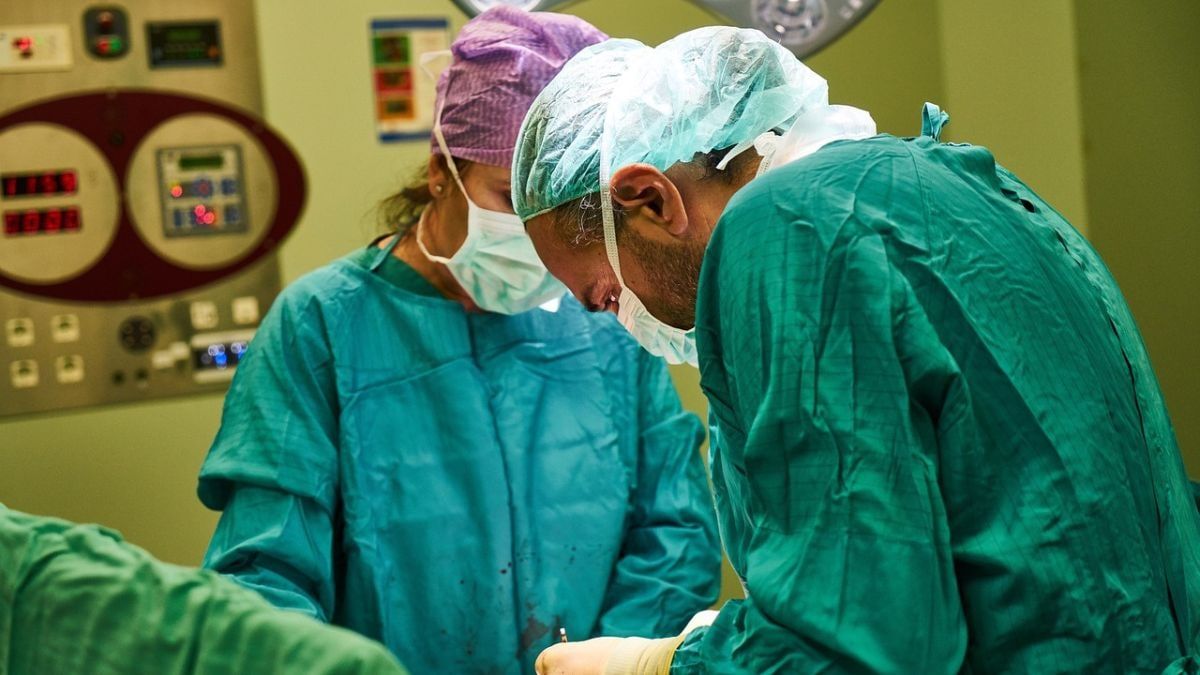'FastGlioma', Revolutionary AI Tool Revolutionizes Brain Tumour Surgery

The medical world has witnessed a groundbreaking development in the field of neurosurgery, with researchers at the University of Michigan and the University of California, San Francisco, announcing the emergence of 'FastGlioma', an artificial intelligence tool that can detect residual cancerous brain tumours within 10 seconds during surgery.
According to a recent study published in Nature, FastGlioma outperforms traditional tumour detection methods, providing a faster and more accurate diagnostic tool for neurosurgeons. These researchers have been working tirelessly to advance surgical outcomes for patients with diffuse gliomas by identifying the limitations of current methods.
In order to improve patient outcomes further, neurosurgeon Todd Hollon emphasized that FastGlioma offers a transformative solution, capable of reducing dependency on techniques such as intraoperative MRI or fluorescent imaging agents. This innovative tool will help in achieving better visual feedback during surgical procedures and enhance precision.
Diverse Approach for Tumour Detection
Neurosurgeon Aditya S Pandey of the University of Michigan discussed how residual tumours often resemble healthy brain tissue, which remains a formidable challenge in neurosurgery. Current techniques have difficulties distinguishing between malignant tissue and normal brain, as both areas might possess similar characteristics.
This issue led researchers to develop FastGlioma by combining high-resolution optical imaging with artificial intelligence technology to rapidly identify patterns indicative of possible tumour infiltration. An extensive test on specimens from 220 patients revealed that this model demonstrates substantial effectiveness in distinguishing cancerous tissue accurately. Comparatively, older methods showed higher chances of missing significant remnants of the tumour.
Global Impact and Future Promises
As the FastGlioma technology evolves in terms of applications, medical experts are looking forward to seeing more promising results across various types of cancers - such as lung, prostate and breast cancer. According to Dr Aditya S Pandey, the team's ultimate vision includes transforming neurosurgery globally with its profound impact on patient outcomes.
This breakthrough discovery demonstrates a potential shift towards integrating AI-based technologies into surgical procedures worldwide, thereby reshaping the future of cancer treatment.
